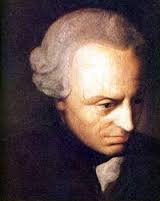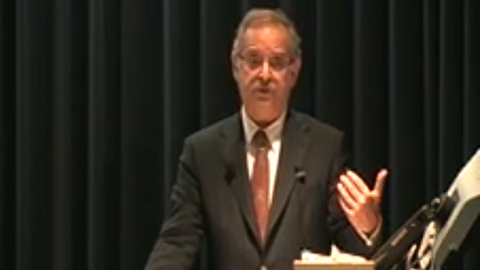“The problem of organizing a state, however hard it may seem, can be solved even for a race of devils, if only they are intelligent.”
— Immanuel Kant

“The problem of organizing a state, however hard it may seem, can be solved even for a race of devils, if only they are intelligent.”
— Immanuel Kant
There is no aspect of modern Western philosophy that does not bear the influence of Immanuel Kant. Without ever leaving the vicinity of his hometown of Königsberg, the philosopher changed the course of ethics, moral philosophy, metaphysics, and aesthetics.
Although political institutions are brought about by the wicked elements in the human constitution, Kant hopes that such institutions might have some rehabilitative effects on their subjects. As he writes in “Perpetual Peace”: “A good constitution is not to be expected from morality, but, conversely, a good moral condition of a people is to be expected only under a good constitution.” However, the gap between the ideal world of morality and the natural world of politics can never be closed completely. [Read More]

Paul Guyer of the University of Pennsylvania discusses Kant’s famous doctrine of “autonomy.”